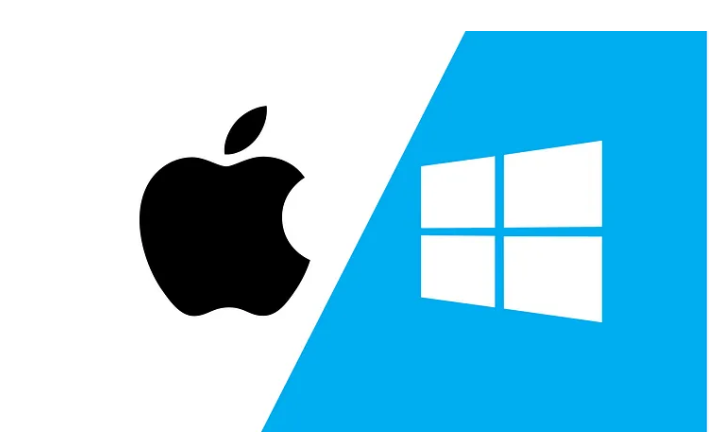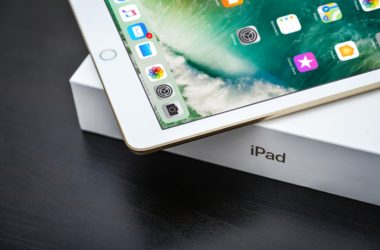Table of Contents Show
Since time immemorial (or so it seems, at any rate), a great debate has raged among computing enthusiasts, and the debate goes thus: Mac or PC? Competition was, at one point, incredibly fierce between the two camps, with the iconic “Get a Mac” ad campaign showing some of the differences between the two ecosystems. Microsoft execs were heard being withering about Apple’s iPhone, and there was, to put it bluntly, a lot of corporate animosity between the two companies.
Things are a little different and more fluid now. Both Mac users and Windows aficionados have had some setbacks and some triumphs in recent years, and the playing field looks more level than it did all those years ago. If you’re thinking about picking up a new PC and wondering which of the two operating systems to go for, we’re here to help. Here are some of the pros and cons of Mac and Windows machines.
Macs just work
One of the biggest selling points for Apple computers is that they “just work” right out of the box, no additional setup needed. This is because Apple designs its software for its computers; no other companies are making Macs, so Apple knows exactly what hardware specifications it’s working with and can create its OS specifically for that hardware.
Windows, by contrast, doesn’t work quite so well on every machine it’s on. This is because there are a range of different Windows laptops, and Microsoft can’t know exactly what specs everyone has, so Windows has to be designed in a more “lowest common denominator” kind of way. This means Macs can often achieve smoother performance than even higher-end Windows PCs.
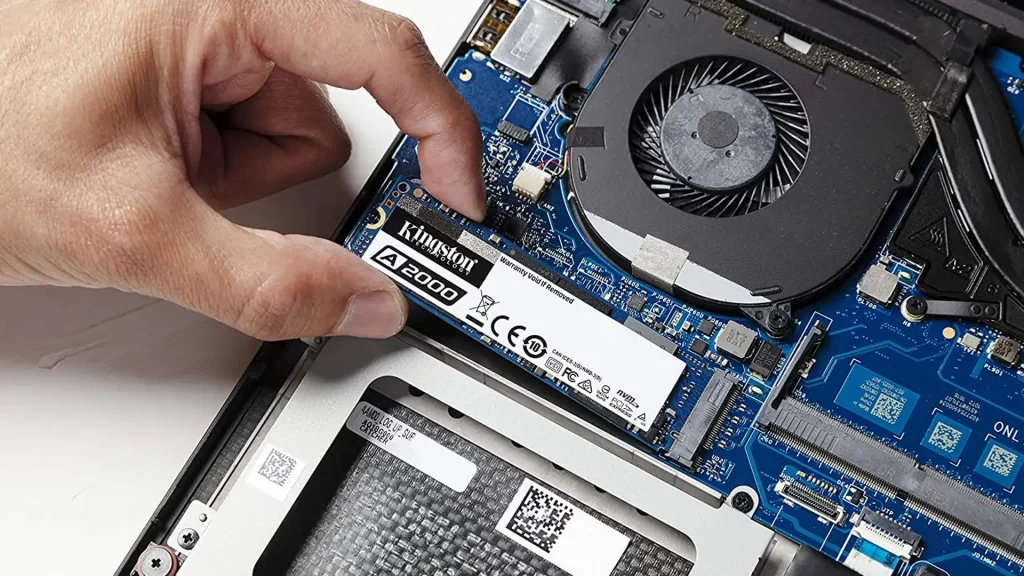
Windows PCs are more customisable
For the most part, it’s much easier to upgrade Windows machines. Macs tend to be a little more finicky when it comes to swapping out parts; while it is technically possible to upgrade the Mac Pro tower, for instance, you’ll probably have an easier time installing RAM or swapping out the graphics card in a Windows desktop.
Of course, this is actually a fairly niche use case. Most people won’t want to upgrade parts in their PCs, and if you’re using a Windows laptop, then the playing field is levelled to a much greater degree. For the most part, though, if customisation is important to you, then you’ll want to opt for Windows over Mac.
Both Mac and Windows machines get viruses
Let’s clear up a common misconception: it is entirely possible, and quite common, for Macs to get viruses. For many years, Macs were thought to be more virus-proof than Windows machines; in fact, that’s something that the aforementioned Get a Mac ad campaign actually leveraged, helping to cement this misconception in people’s minds.
The fact is that both Mac and Windows computers are susceptible to viruses. Mac’s market share has traditionally been lower than Windows, which means virus developers haven’t really focused on Apple’s ecosystem. Now, though, more and more people are buying Apple machines, which means that you’re arguably just as likely to get a virus on Mac as on Windows.
Macs are better for creatives
There are some great creative apps out there for Windows users. Adobe Premiere, Cubase, and Photoshop are just some of the excellent programs that creatives can use to achieve their goals. Still, when it comes to creativity, Macs blow Windows machines out of the water thanks to Apple’s suite of proprietary apps.
Final Cut, Logic, and even less professionally-geared apps like GarageBand and iMovie will put a huge amount of tools at your fingertips, and they’re only available on Mac devices. They’re easy to use, supported by Apple for the long haul, and designed so that anybody can use them, with or without a huge amount of creative experience.
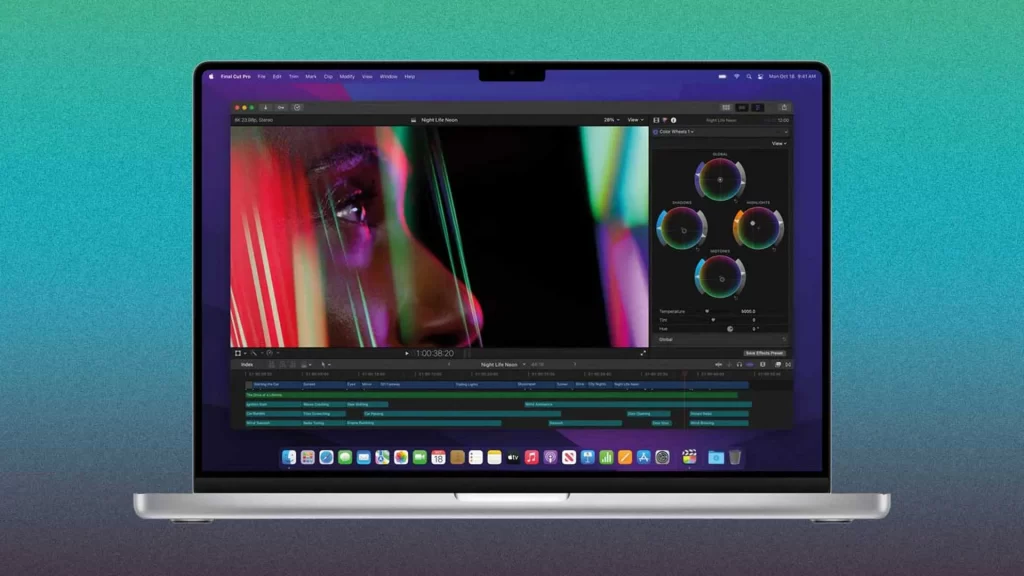
Windows is better for productivity
There’s always going to be a certain degree of subjectivity in a debate like this one, but we’ve always found that the Windows ecosystem feels better-geared towards productivity. This is due to the way the Windows OS works when it comes to the taskbar. Again, it’s down to personal preference to a large degree, but we much prefer the way Windows’ context menus and Start system work.
It’s not just the OS, either. Windows’ suite of productivity apps is much better than Apple’s. The default mail client in Windows is much easier to use and cleaner than Apple’s alternative, and Office remains an excellent online productivity tool (although there is nothing stopping you using this browser-based app on Apple machines, of course). In general, if you want to accomplish productivity-related tasks, we’ve found that Windows makes it easier for you to do so.
Macs are excellent if you’re an iOS user
Have you already got an iPhone and an iPad? If so, then you definitely want to pick up a Mac, because it’s tailor-made for the Apple “walled garden”. Your iPhone and iPad will just work with your Mac, no questions asked, and the devices have been created to work interoperably, so you can move files from one to the other with zero fuss.
Windows, by contrast, does have solutions for doing this with other devices, but they’re often much more finicky and difficult because Microsoft hasn’t designed those devices specifically to work with Windows. If you want to keep it in the family, so to speak, then Apple is your pick every time.
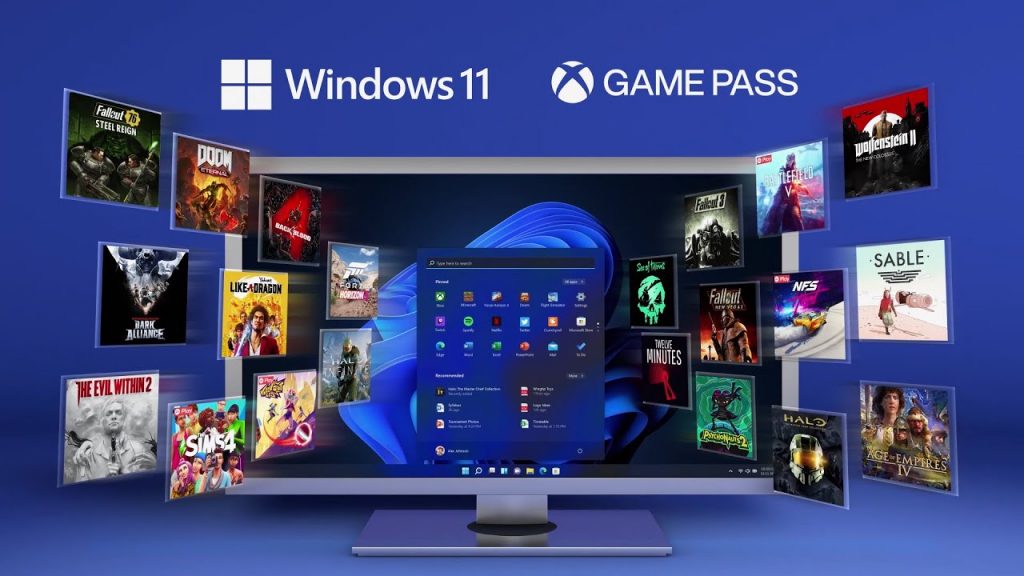
Windows is superior for gaming
If you’re a gamer, then buying a Mac is arguably a waste of money. While macOS is improving as an ecosystem for gaming, gaining more and more compatibility with the latest games, the fact is that Windows is a much easier and more friendly place to do your gaming thanks to the number of games that don’t have native Mac support.
Apple is gaining ground with its Apple Arcade subscription service, but that’s arguably more geared towards mobile users; it doesn’t offer any AAA gaming experiences akin to those you’d find on Xbox Game Pass, for instance. If you’re serious about gaming, then don’t pass up a Windows PC.




